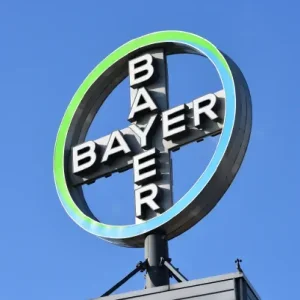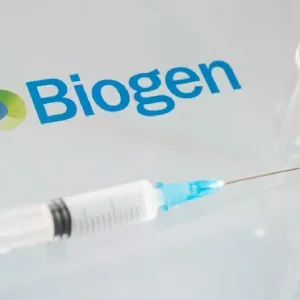Pfizer has secured the US Food and Drug Administration (FDA) approval for Cibinqo (abrocitinib) to treat a type of atopic dermatitis (AD) in adults.
The drug is indicated to for adults with refractory, moderate-to-severe AD, for whom other systemic drugs are ineffective, or use of those therapies is inadvisable.
Cibinqo is an oral, once-daily, oral small molecule that selectively inhibits Janus kinase 1 (JAK1), to modulate multiple cytokines involved in pathophysiology of AD.
The JAK1 inhibitor controls cytokines include interleukins IL-4, IL-13, IL-31, IL-22, and thymic stromal lymphopoietin (TSLP), to treat AD.
The US regulator approved Cibinqo at recommended doses of 100mg and 200mg, where 200mg dose is recommended for patients who are unresponsive to 100mg dose.
Also, a 50mg dose was approved to treat moderate-to-severe AD in patients with moderate renal impairment, or certain patients receiving cytochrome P450 (CYP) 2C19 inhibitors.
According to the company, if the patients with moderate renal impairment do not respond to the once daily 50mg dose, a once daily 100mg dose may be prescribed.
The drug is contraindicated in patients who are receiving antiplatelet therapies, excluding low-dose aspirin, during the first 3 months of treatment.
Pfizer inflammation and immunology global president Mike Gladstone said: “The FDA’s approval offers hope to the millions of patients across the US who are suffering daily with an immuno-inflammatory condition that can cause intense and persistent itching, pain, discomfort, and distress if left uncontrolled.
“CIBINQO, an efficacious once-daily pill, is a medical breakthrough made possible by Pfizer researchers and the people living with moderate-to-severe atopic dermatitis who participated in our clinical trials.”
The US FDA approval was supported by results from five clinical trials conducted as part of a large-scale clinical trial programme, in more than 1,600 patients.
Three placebo-controlled, Phase 3 trials evaluated the safety and efficacy of Cibinqo, along with measures of improvements in skin clearance, itch, disease extent, and severity.
In the clinical trials, the drug showed a consistent safety profile and improvement in skin clearance, extent of disease, itch, and severity after two weeks, compared to placebo.
In addition, a higher proportion of subjects treated with Cibinqo in two monotherapy trials achieved improvement in itching compared to placebo, at week 12.
The most common adverse events include nasopharyngitis, nausea, and headache.
Cibinqo was also granted marketing authorisations in the European Union (EU), Great Britain, Japan, Korea, the United Arab Emirates, Norway, Iceland, and Singapore.






